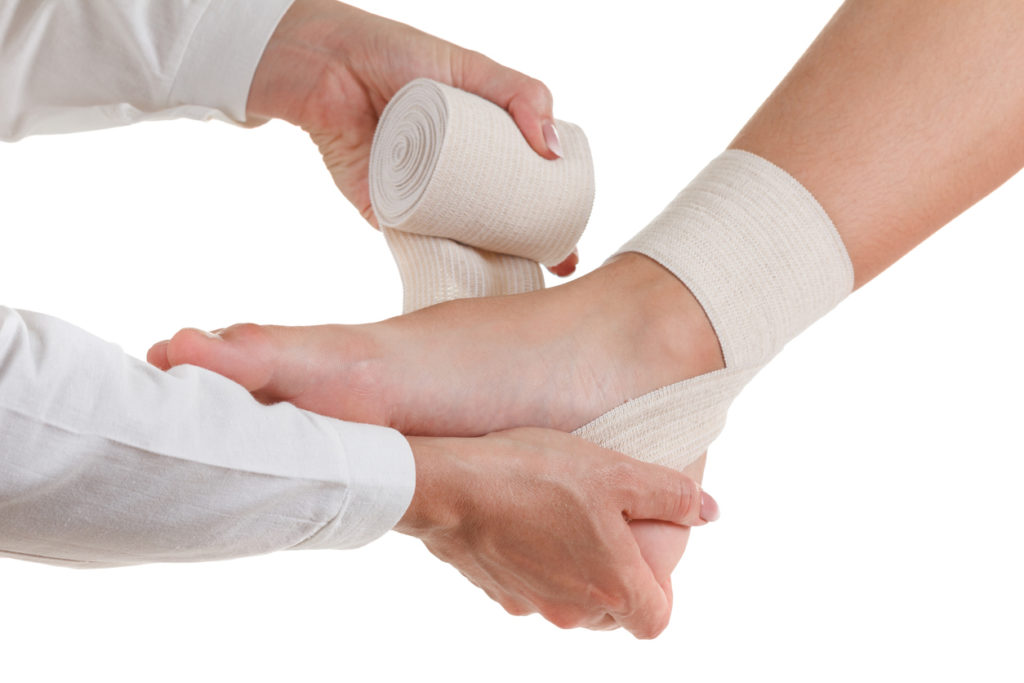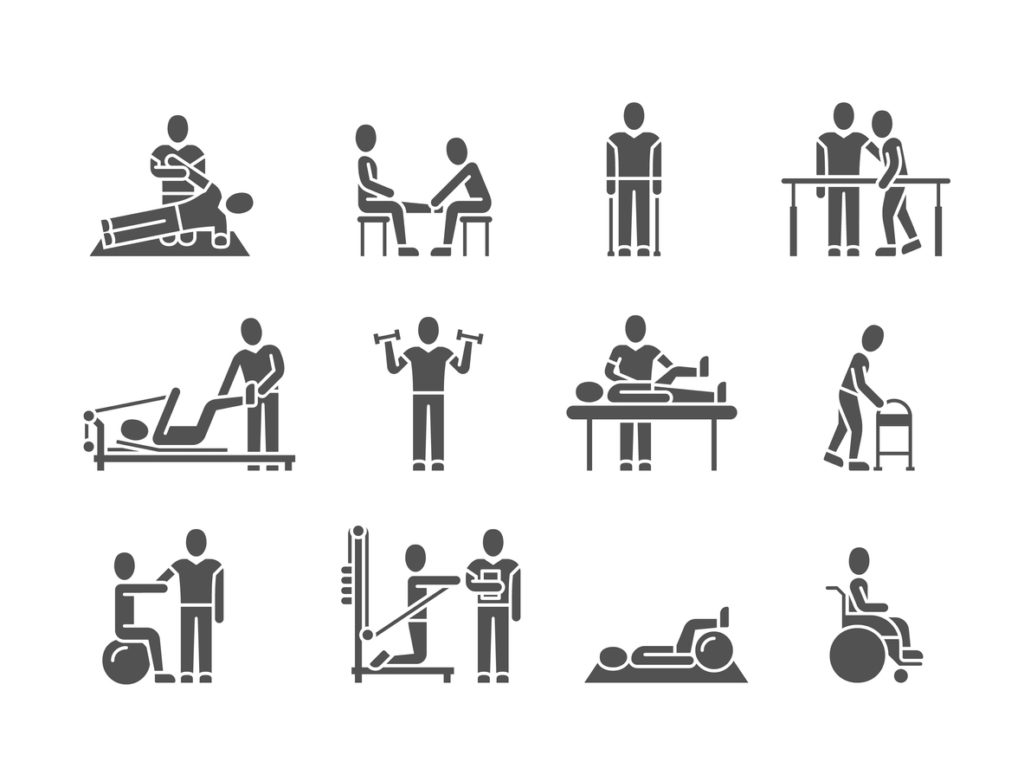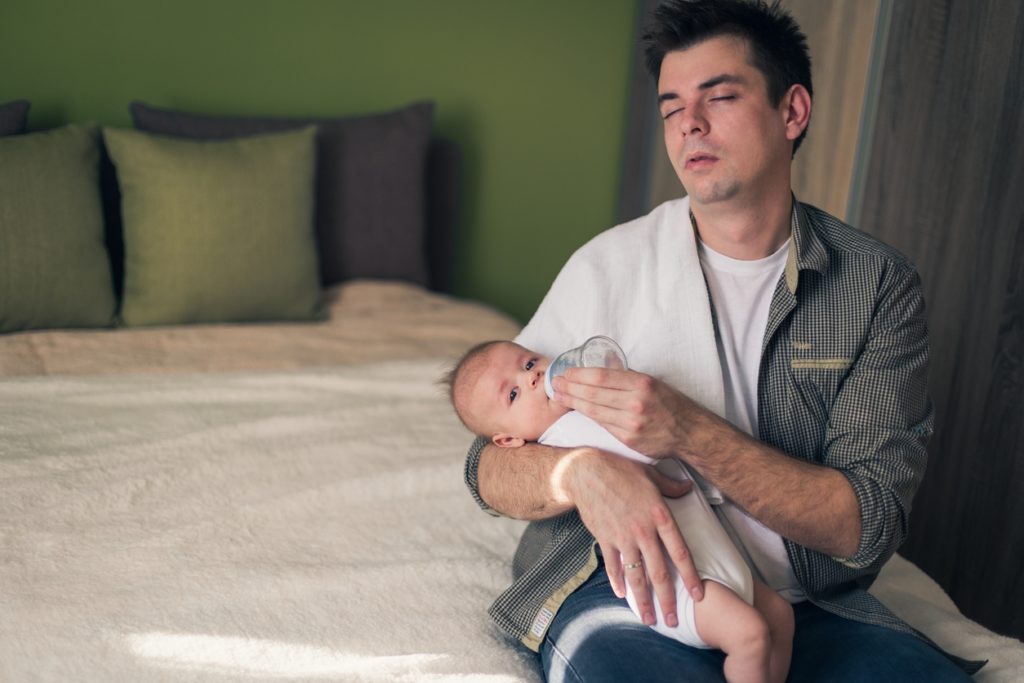Daily parathyroid hormone (PTH) is approved by the FDA for the treatment of osteoporosis. This study will evaluate the safety and effectiveness of PTH when given once a week.
Official Title
PTH Once Weekly Research (POWR)
Conditions
– Osteopenia- Osteoporosis
Study Type
Interventional
Study Design
Treatment, Randomized, Double-Blind, Placebo Control, Factorial Assignment, Safety/Efficacy Study
Further Details
In osteoporosis, skeletal bone mass and strength are so reduced that fractures occur after only modest levels of mechanical stress that would not harm normal bone. Fractures of the hip, spine, and wrists are most typical, though fractures of the ribs, pelvis, and humerus also occur. Research has shown that hip fractures cause a 10% to 20% increase in mortality, and the cost of all osteoporotic fractures is estimated to be $6.14 billion in health care costs and lost earnings per year. The most common form of osteoporosis is postmenopausal osteoporosis. A reduction in bone mineral density of approximately 1% to 2% per year is observed for the first 3 to 5 years after the onset of menopause, then 0.5% to 1% per year thereafter. PTH was recently approved by the FDA as a daily treatment for osteoporosis. However, PTH must be self-injected, is very expensive, and has been associated with worrisome side effects. The currently approved formulation of daily PTH self-injections is practical for only a small proportion of people with osteoporosis. A once weekly formulation could significantly decrease cost, difficulty of administration, and risks and side effects associated with daily use of PTH. A once weekly injection by a caregiver would also make PTH accessible to populations for whom daily self-injection may not be practical, such as the very elderly or those in assisted living or nursing homes. This study will evaluate the safety and effectiveness of once weekly PTH dosing for women with osteoporosis. Women will be randomized to receive either PTH or placebo. Women will self-administer injections daily for 4 weeks, then once weekly for 48 weeks. All women will receive calcium and vitamin D supplements daily. Women will visit the clinic six times over the course of a year and will provide urine and blood samples at each visit. Bone mineral density will be measured at 6 and 12 months.
Study Start
Eligibility & Criteria
Ages Eligible for Study: 45 Years – 70 Years, Genders Eligible for Study: Female Criteria Inclusion CriteriaBone mineral density scan with a T-score between -1 and -2 Willing to self-administer injections Exclusion CriteriaMedications to treat osteoporosis Bone fracture since menopause
Total Enrolment
50
Contact Details
[1] National Institute of Arthritis and Musculoskeletal and Skin Diseases (NIAMS) (US)
All content and media on the HealthEngine Blog is created and published online for informational purposes only. It is not intended to be a substitute for professional medical advice and should not be relied on as health or personal advice. Always seek the guidance of your doctor or other qualified health professional with any questions you may have regarding your health or a medical condition. Never disregard the advice of a medical professional, or delay in seeking it because of something you have read on this Website. If you think you may have a medical emergency, call your doctor, go to the nearest hospital emergency department, or call the emergency services immediately.







